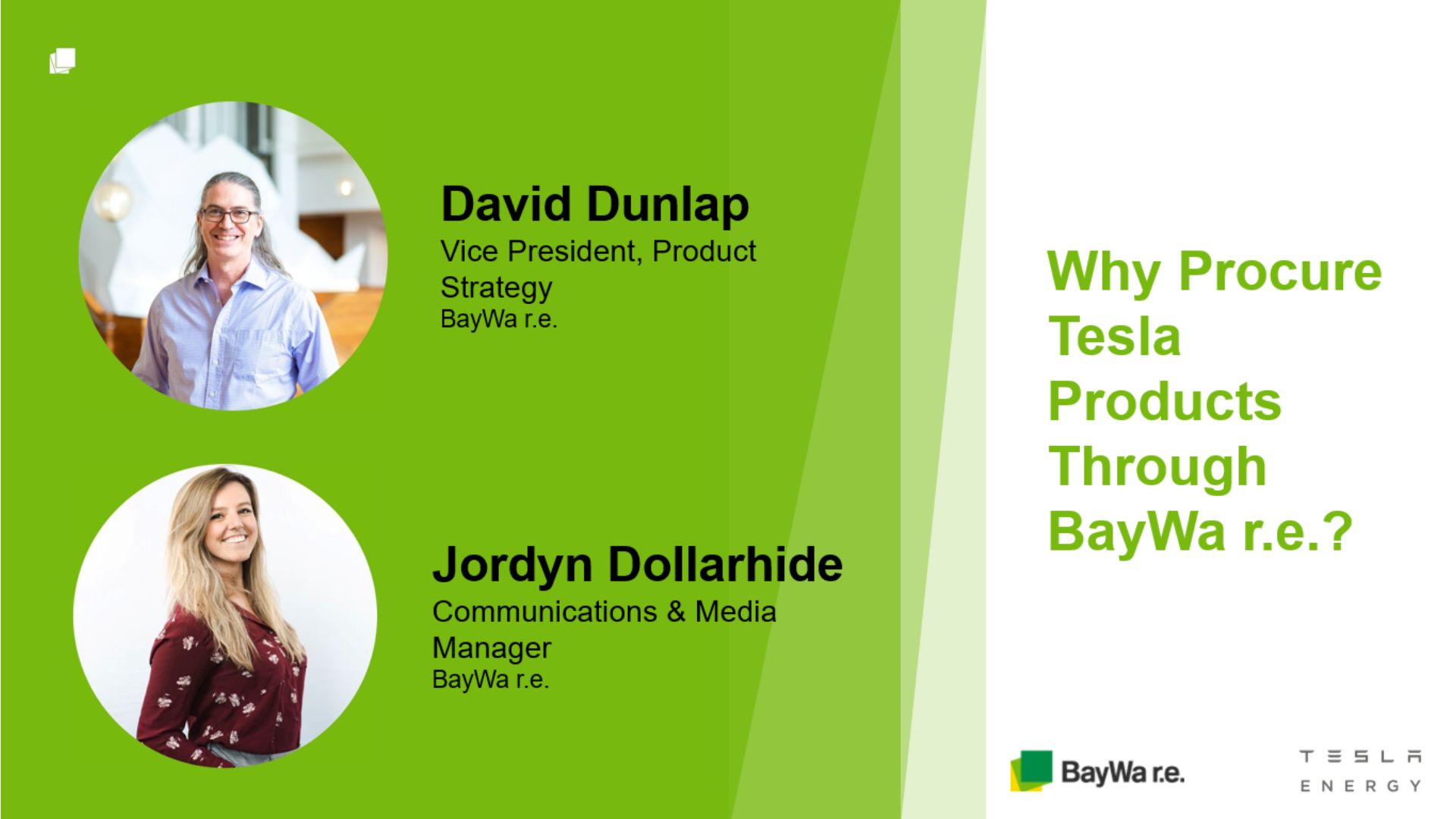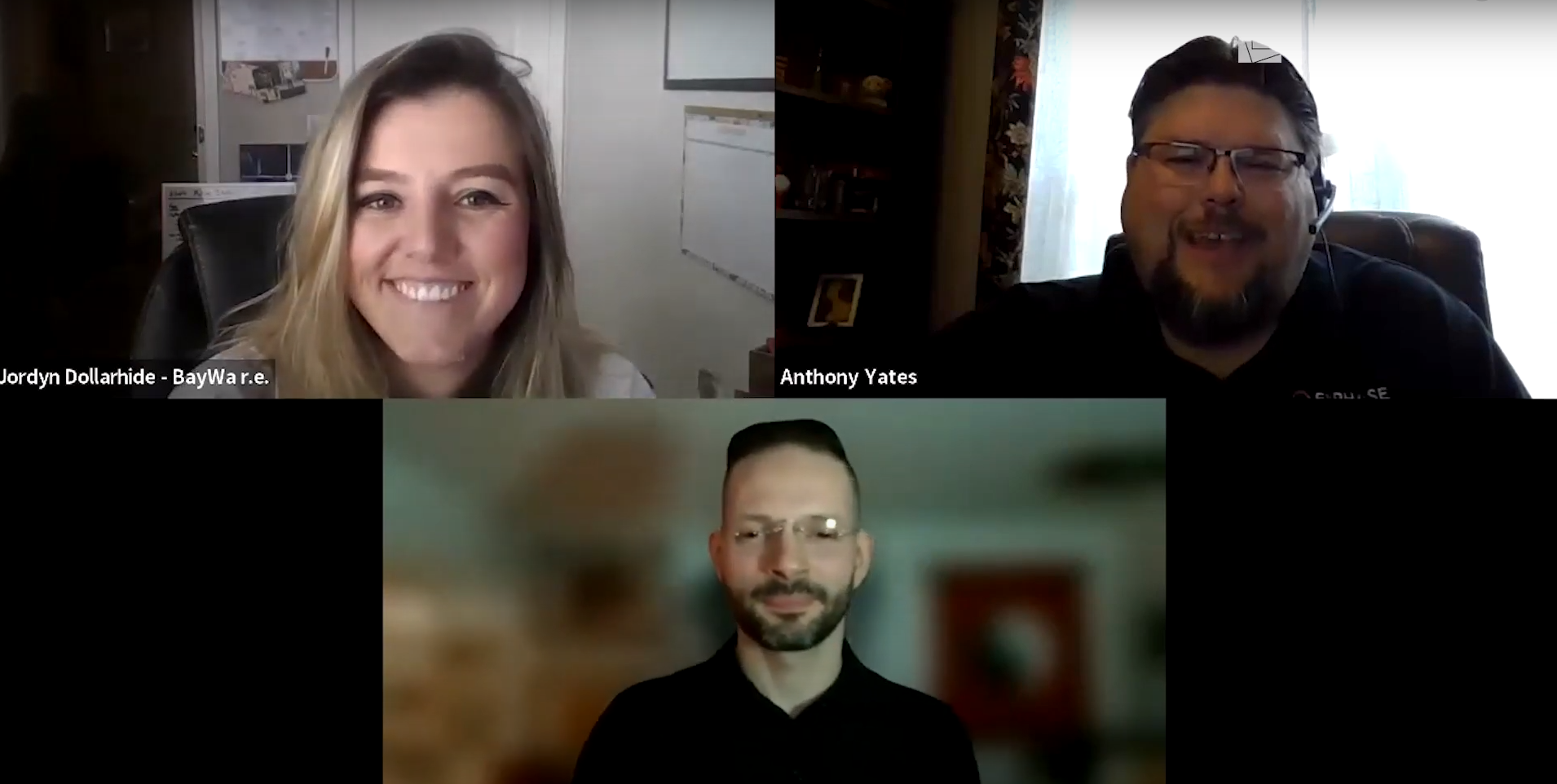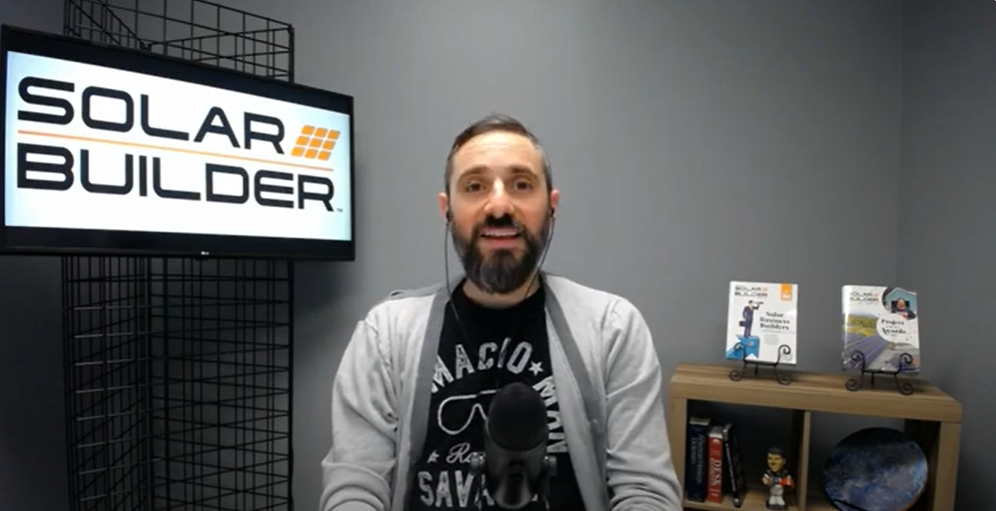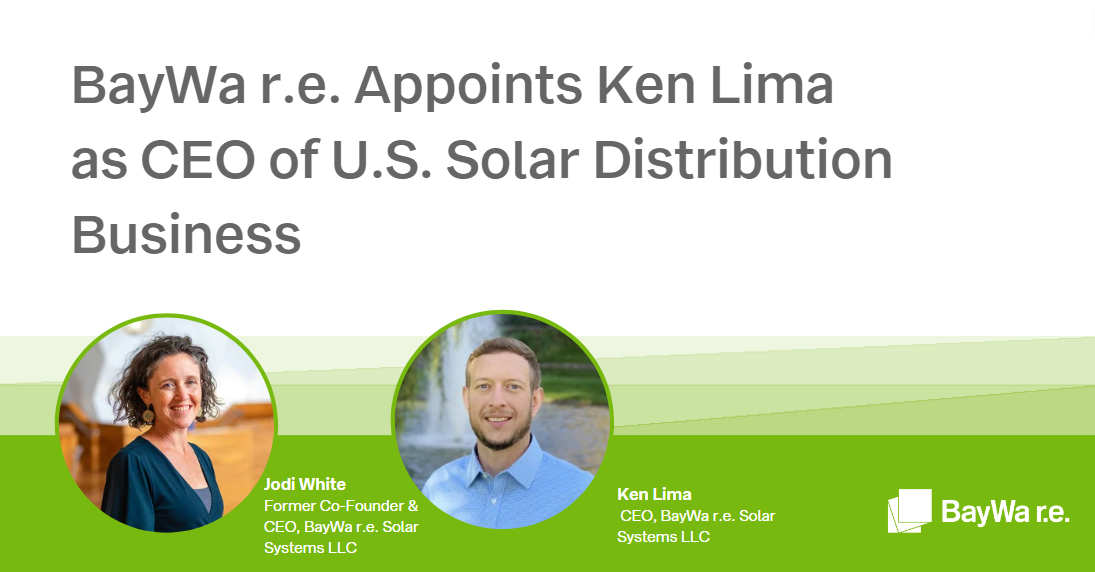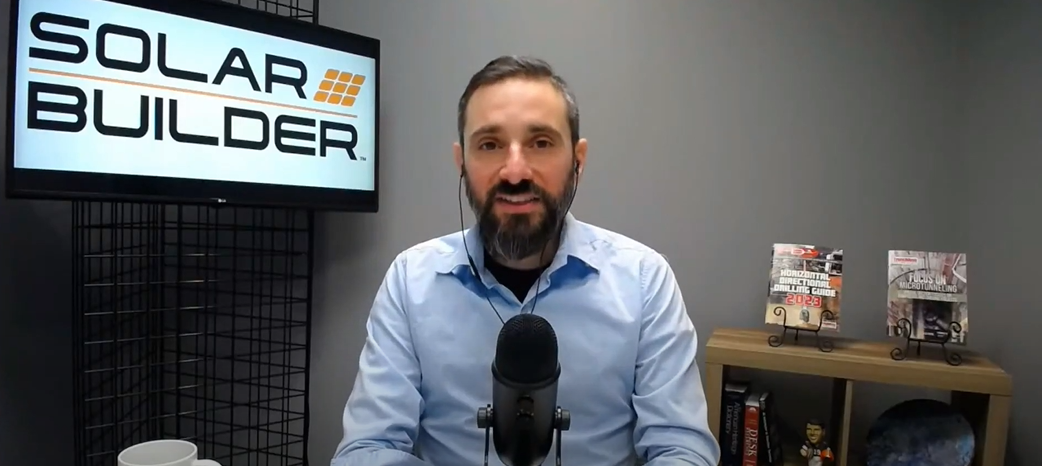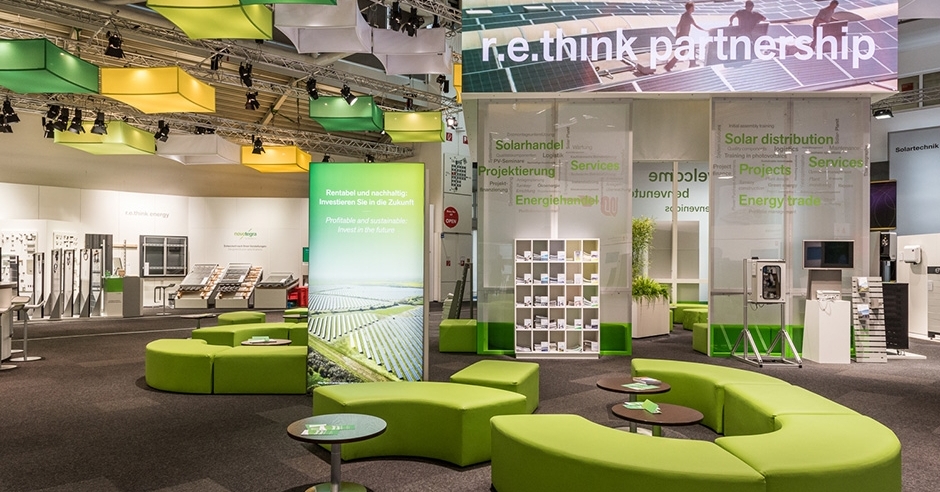
Interview with Stephan Meyer
BayWa r.e. Director of Global Marketing and Communications in Munich, Germany
Editor’s note: This interview was originally published in BayWa r.e.’s internal, global newsletter. We thought it would be valuable to reprint it in Solar r.e.view to give some context to the thoughtful, long-term thinking happening at our parent company.

What is the central idea behind “r.e.think energy”?
We realized that we needed to approach the market in more innovative ways. We need to compete with new business models, new ideas, and new combinations, from our broad spectrum of services. This is one of the aspects the slogan “r.e.think energy” is intended to reflect. A further aspect is that in today’s market it’s not possible to change the energy supply single-handedly. So we also use “r.e.think energy” to encourage our customers, employees, and suppliers, to try and rethink energy with us, together. Finally, the slogan also reflects our desire to deal with our respective stakeholders in a spirit of partnership; to work together with them to achieve our mission of “making energy better”.
“r.e.sponsible for your success” has been BayWa r.e.’s slogan for the past three years. Why are we changing it now?
Quite simply, it began when we realized the degree to which BayWa r.e. had changed over the last three years. Back when we were developing the brand, BayWa r.e. consisted of twelve, mainly German, businesses. Our thinking back then was still shaped, to a large extent, with the German and European markets in mind. But now that our business is being conducted on an increasingly international scale, the centers of gravity are shifting. Because of this, we took a close look at our current brand and asked: does it still work in the United States? Does it work in Asia? Does it work in all European countries? What does the future look like?
Why does the old slogan no longer work in this more international environment?
Well, one example from the US market lies in the cultural meaning of words. “r.e.sponsible for your success,” worked well with our UK colleagues, in terms of the linguistic and cultural meaning. However, in the United States, it didn’t work as well. In the US, a lot of cultural significance is attached to the concept of self-responsibility— everyone there is responsible for their own success. That’s part of the notion of “The American Dream” – developing one’s own success. Anyone who claims to be responsible for someone else’s success will be viewed skeptically from the start. Because of this, it was difficult to use “r.e.sponsible for your success” in the US.
Are there any more challenges?
Besides BayWa r.e.’s geographic changes, the spectrum of our services has also changed and we’re addressing quite a different group of customers than we did three years ago. Previously, our customers were investors, partners in the market, suppliers from the world of renewable energies—but now we’re also talking to industrial customers who previously were only marginally concerned with issues of energy: companies such as Audi, BMW, Ikea. A slogan implying that we are “responsible for their success” because we are changing their energy supply no longer works. So the moment we leave our original environment, we also need to break new ground with the brand and scrutinize our positioning.
Why does one need a slogan at all?
That’s a strategic question of how one wants to communicate in the market. There are brands that work without a slogan, but most brands have one. Especially companies that aim to build a position for themselves in a market—as we are planning on doing in many countries—they use the slogan as the core message of the brand. In this way, a slogan can add an additional message to the brand beyond just shape, color, and images.
But is it possible for such a short sentence to represent an entire brand?
It will never be possible for a slogan to represent the entire spectrum of what one intends to communicate with a brand. But it can set a focus, endowing the brand with a certain character. And that’s what we’re trying to do with “r.e.think energy”.
Thanks for chatting with us, Stephan!
You’re welcome!
